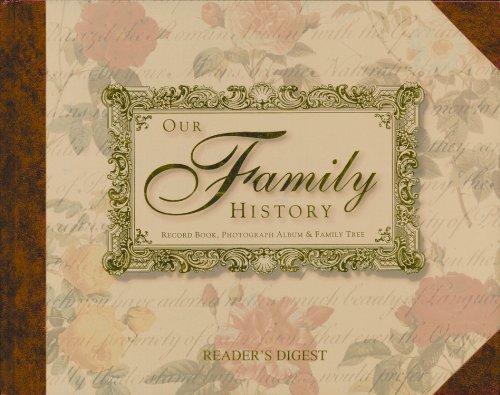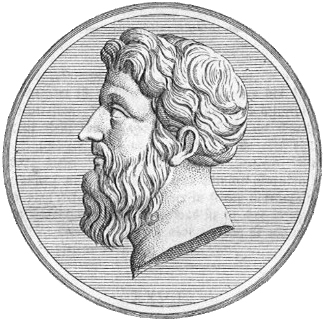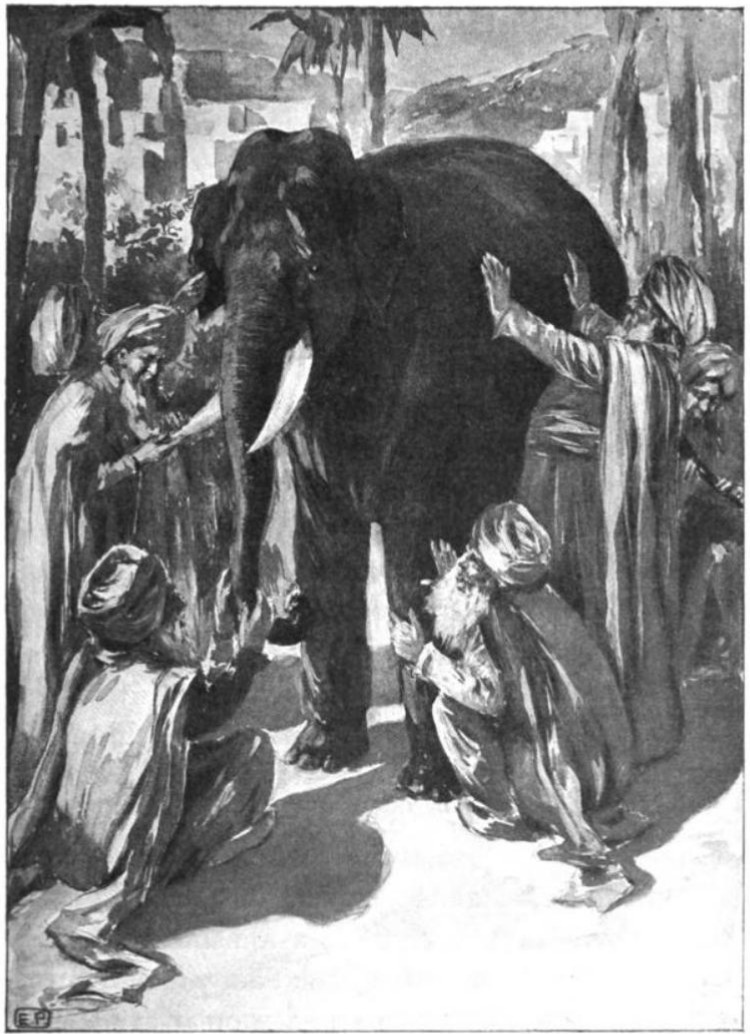Two promises began from more than twenty years ago, before the turn of the millennium. I was visiting my mother. Her house that time was at 6 Fitzjohn Close, Merrow Park, Guildford, England.
I was carefully flipping through the vintage pages of her scrapbook. My mother was an avid collector of family documents and photos, both useful and not so useful. She would have made a great librarian! Each page showed our family’s memories. There were photographs, documents, ration books from before, during and after the Second World War. Honestly, there were all kinds of paper memorabilia from over the last 100 years and more.

There were photographs of our family, starting from when it was just my mum and dad as children, with their own families, to their early years of marriage, and then as our family slowly started to grow in numbers. Our family was ever-evolving; we also lived in different locations over the years, as shown in the photos and maps. We have lived at many different addresses in Scotland and England – each holding up a story of its own, regardless of my own personal memories.
“Careful!” My mother said a little brusquely.
“Of course, of course,” I assured her, slowly turning the worn-out pages.
“You know, I’ve seen these so many times before and I still think they’re interesting. But it’s also tedious getting through it all! How were you able to keep doing this over the years?”
“It juist became a habit. Wance ye git used tae it, taking picters ‘n’ keeping mementos juist becomes a pairt o` yer life. Bit ah wanted tae dae it mair thoroughly ‘n’ trace oor fowks’ roots. Ah bought a ‘family history’ book ‘n’ stairted daein’ it. I didn’t hae th’ time tae finish it.”234
She took a book out of the bureau drawer and showed it to me. I opened it and saw that my mother had started to fill out the details of her parents’ births, marriage and deaths, but that it was far from complete. My mother hadn’t managed to fill out a lot in the ‘family history’ book, but she had managed to keep all the paper memorabilia in her scrapbook, and in other albums and boxes!
She was certainly the keeper of stories and memories of our family, and of people who time had already forgotten, yet they still remained alive on these pages and in the photographs. I was quite impressed by her work, but didn’t say so, as our ‘Scottish’ family tends to be rather stoic. I thought that I too could give people ‘life’ – not through re-incarnation that my mother believed in, but through remembering people and events in writing and images. After all, if it wasn’t for our forbearers, we wouldn’t be here.
“I’ll do it!” I rashly announced.
“Whit?”
“I can finish the ‘family history’ book.”
At the time, I naively thought that this was something that could be done in a ‘jiffy’ – maybe on a free weekend! It has its advantages being an optimist, but it also has its drawbacks! Little did I realise at the time that making this rash promise on the spur of the moment twenty years or more ago would lead to never-ending ‘projects’. The stories ‘hidden’ in my mother’s paper memorabilia are never-ending!
Although I made the promise to my mother more than twenty years ago to finish the ‘Family History’ book, I still haven’t completely finished it (2022). However, I did finish writing a family history of my grandmother’s family on my mother’s side, The Isle of Eigg and the Story of Some of its People (2010).
I also picked up my mother’s ‘bad habit’ of collecting ‘memorabilia’. So I have also been compiling stories, photos, and anecdotes in analogue and digital format, from as far back as the 1970s.
Footnotes
2My mother’s Scots English: I was a bit undecided as whether to give my mother a Scottish accent or not. First of all, it would lead to extra work for me. My mother definitely had a fairly broad Scots accent despite living many years in England. But I was never really aware of her accent. My mother grew up in Glasgow. The Glasgow Scots have a fairly broad accent.
My father grew up in Edinburgh. Edinburgh Scots have a more ‘educated’ Scots English. Sean Connery in the old James Bond films had such an educated Scots English. But the Edinburgh accent sounds more ‘manly’ than the standard English, so-called ‘Received Pronunciation’ (RP), which always sounds ‘effeminate’ (for example, the actor Hugh Grant). Consequently, the middle and upper class English are often portrayed in American films as effeminate.
However, my father’s Edinburgh accent was more ‘earthy’ than Sean Connery’s accent, and was full of expletives (most of which I have forgotten). I only became aware of my mother’s Scots’ accent when I talked to her on the phone. Orthographic representations of ‘accents’ are of course somewhat arbitrary – that is, there is no one-to-one relationship between the orthography (the sign) and the sound. But in conclusion I thought I couldn’t have my mother speaking standard English as if she was related to Margaret Thatcher or Queen Elizabeth! This would be sacrilegious. I was fortunate to find the excellent website for translating standard English to Scots English (http://www.scotranslate.com/#).
Of course, my mother did not speak this type of Scots English (like the characters in the Scottish comic strip “The Broons”). But she certainly didn’t speak standard English either. In other words, the way I represent her speech here is only a poor compromise. But to enable comprehension for ‘non-Scottish’ readers I have included the standard English dialogue in the endnotes. I have also edited some of the translations given by ‘scotranslate’, such as not using words such as ‘dosh’ (money), a word my mother would never have used. I have also edited ‘scotranslate’ words that may seem opaque to a wider audience.
3“It just became a habit. Once you get used to it, taking pictures and keeping mementos just becomes a part of your life. But I wanted to do it more thoroughly and trace our family roots. I bought a ‘family history’ book and started doing it, but didn’t have the time to finish it.”
4 “The Family History – the Record Book” by Peter Dewar (1991). The date here makes me think that perhaps I started working on the ‘Family History’ sometime in the mid-1990s.



